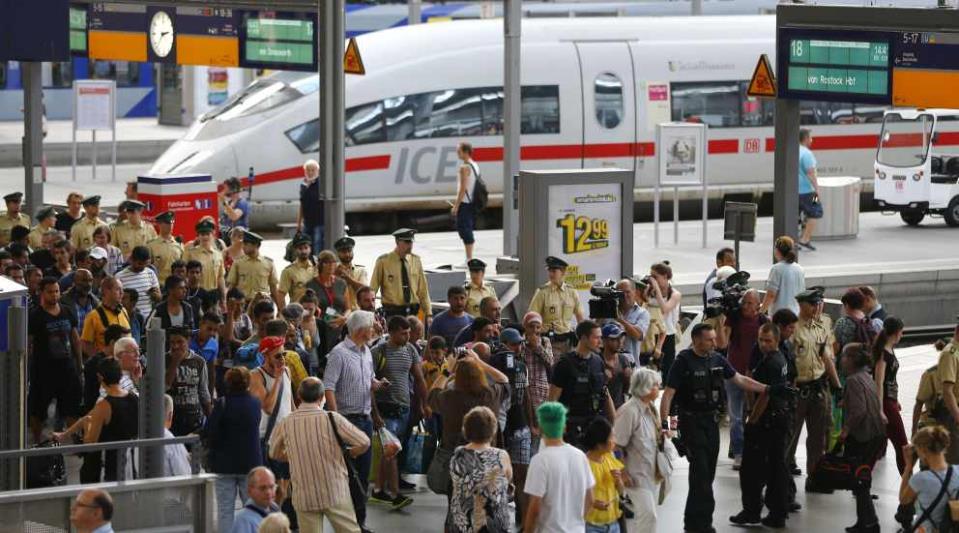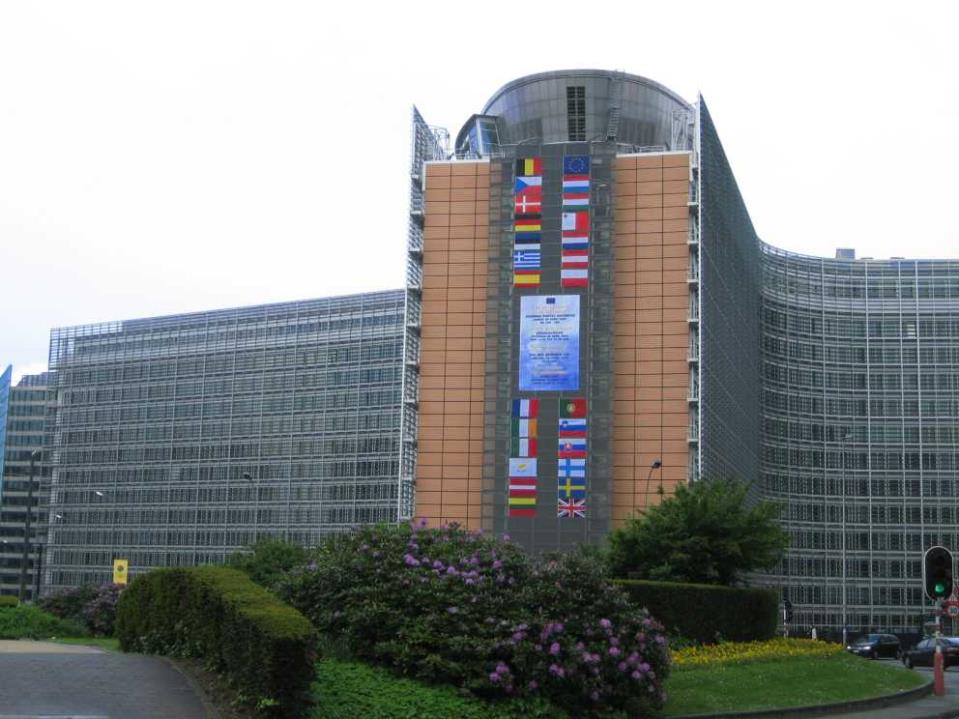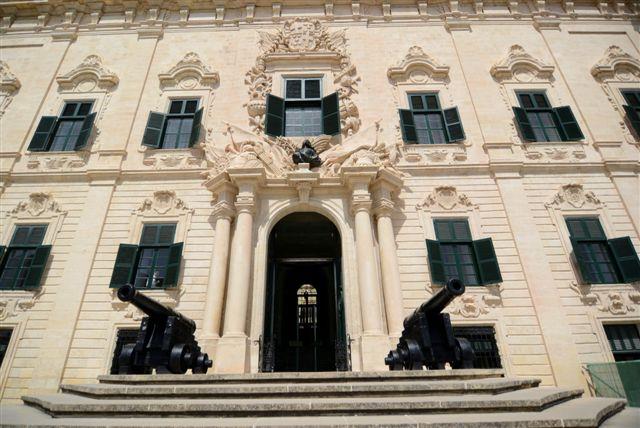European Commission Vice President Jyrki Katainen has warned that if refugees crossing into the EU are not given employment opportunities, the migration phenomenon currently gripping Europe can become a heavy burden on its economies.
Mr Katainen touched on the subject of migration during his visit on Friday, when he called for a fair asylum policy. In an interview with The Malta Independent on Sunday he was asked what the crisis meant in economic terms.

“Of course migration has a price tag. That is why we have to find a European solution. We have to share the burden. It is a question of fairness and efficiency in tackling the issue.”

He warned that if Europe gets it wrong, if it does not give opportunities to “people who deserve international protection in our countries”, they could end up becoming long-term unemployed and this could have a negative impact on long-term growth. “We should also think very carefully about how we integrate the people that stay in our societies in the best possible way. Europe is ageing quite fast and needs a bigger labour force. Some of those people who come to Europe as refugees could help us address this challenge. The faster we can create new jobs and integrate newcomers, even refugees, the better. It might even have a positive impact in the long run, but it all depends on the choices we make.”
Facilitating investment
The EC Vice President was in Malta as part of a European tour to promote the Commission’s Investment Plan, a €315 billion investment package piloted by the European Investment Bank. The plan aims, among other things, to “remove obstacles to investment and create an investment friendly environment”.
Asked how this could be achieved Mr Katainen, a former Prime Minister of Finland, said there are three main steps. The first was to widen the Single Market as member states still have their own national legislation, creating obstacles for entrepreneurs selling products across the borders and also for customers to buy products. Also, regulation in the energy sector is still very much national and has to be harmonized. The same goes for capital markets.

“Those are the three main areas in which the European Commission will act this year and the next in order to create a level playing field, a single market for European companies, which will create new opportunities for them.”
Mr Katainen said another important point was to address market failure and access to finance. “There is a lot of available liquidity in Europe but risk financing is missing. This was a result of changes to banking regulations, which put some constraints on risk financing and financial institutions. That is why the Commission created the EFSI fund – the European Fund for Strategic Investment – which will provide risk financing for private companies. This is one of the issues from which Malta could benefit, especially if there are local intermediaries, namely local banks or a newly established National Development Bank that provide loans to SMEs.”
Economic uncertainty over
Asked if the level of uncertainty in the EU had gone down enough for the plan to succeed, Mr Katainen said the situation in the countries that were affected the most by the financial crisis has improved greatly. “Look at Portugal, Spain, Ireland and Cyprus. Three out of these four countries have come out of the assistance programmes. Their economic growth is quite good and the number of new jobs is phenomenal.”

The EC Vice President said the only real problem was Greece, but at least the EU now has a plan for the troubled country. “The stability in the financial markets has improved quite significantly and many things are in the same level as they were in 2007, except for investment. That is the reason why the EC wanted to focus on the investment side of the economy. We want to create new markets in order to keep opportunities for investment and we also want to address the market failure by providing risk financing to businesses.”
Malta, he said, made a good choice when it identified health and education as two sectors in which it would strive to become a centre of excellence. “It is a very good choice. When traditional industry can reinvent itself it can create new jobs. More research and development is good because it can lead to more added value. It is good that Malta has chosen to invest in new sectors because no country, especially one so small, can be too dependent on just one or two sectors of the economy.”
Caution on public sector expansion
Mr Katainen also warned that any government should be cautious about expanding its public sector. In Malta, the Opposition has blasted the government for employing some 5,500 people in the civil service in the space of two years. The government argues that most jobs were in the health and education sectors.

“One must always be cautious when looking at the size of the public sector. I come from a country where the size of the public sector is very large and generates half of the country’s economy. It is too big, even though it provides good services to people and helps the country achieve economic growth. One must always be cautious not to expand the public sector too much.”
When talking about the public sector one should make a distinction between publicly-produced services and publicly-financed services. “In many countries it makes a lot of sense to outsource some of the services to the private sector even though the public sector would be responsible for the quality and for financing it. It is not a black and white issue; one must be very careful not to build a public sector which is too heavy for the taxpayers to finance.”